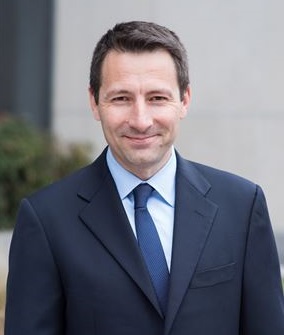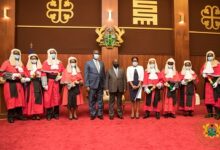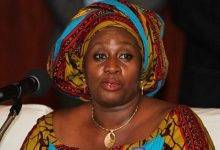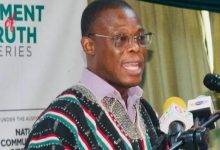
The International Monetary Fund has confirmed that a staff team is expected in Ghana this week to continue discussions with the government on policies and reforms that can be supported by the Fund.
“An IMF staff team, led by Stéphane Roudet, Mission Chief for Ghana, will visit Accra from September 26 – October 7 to continue discussions with the Ghanaian authorities on policies and reforms that could be supported by an IMF lending arrangement,” the Fund said in a statement on its website.
The statement said the IMF staff would also further engage with other stakeholders during the visit.
The government of Ghana turned to the IMF for help in July as its balance-of-payments deteriorated leading to economic hardship.
Why is Ghana requesting an IMF program?
The IMF in an answer to questions asked by stakeholders on its website said Ghana’s fiscal and debt vulnerabilities were worsening fast amid an increasingly difficult external environment.
It said “during the COVID-19 pandemic, Ghana’s public debt increased from 65 per cent to 80 per cent of GDP. At the same time, the government’s fiscal efforts to preserve debt sustainability were not seen as sufficient by investors, leading to credit rating downgrades, non-resident investors exit from domestic bond market and loss of access to international capital markets.”
These adverse developments, it said further exacerbated by the price and supply-chain shocks from the war in Ukraine, have led to a large exchange rate depreciation, a surge in inflation and pressure on foreign exchange reserves in the past months.
“In this context, the government has requested assistance from the IMF, and we have kick-started the initial discussions on how to best address Ghana’s challenges,” it said.
It said an IMF-supported programme aimed to provide space for Ghana to implement policies which would restore macroeconomic stability and anchor debt sustainability while protecting the most vulnerable parts of the population.
“It should help create the conditions for inclusive and sustainable growth and job creation. This will help strengthen policy credibility, alleviate exchange rate pressures, and provide catalytic effect on financing,” it said.
Is Ghana seeking a three-year ECF programme of $3 billion?
The IMF said the Extended Credit Facility (ECF) was the Fund’s main tool for medium-term support to countries facing protracted balance of payments problems, similar to Ghana’s.
“The duration of such arrangement is between 3 to 4 years and extendable to 5 years. Ghana requested a similar arrangement in 2014 and which lasted 4 years. However, the level of access and the final programme design is ultimately decided by the IMF Executive Board. Since negotiations for the programme are starting now, it is too early to comment on the final form the programme will take,” it said.
On whether the IMF programme would impact the government’s Free Senior High School policy it said “We are still at an early stage in the discussions, but we believe that the free Senior High School (SHS) is an innovative policy that needs to be protected. In general, IMF-supported programmes seek to boost social spending while encouraging both efficiency and sustainability.”
It said the IMF-supported programme would aim at protecting the vulnerable and creating conditions for an inclusive growth.
BY DAVID ADADEVOH







